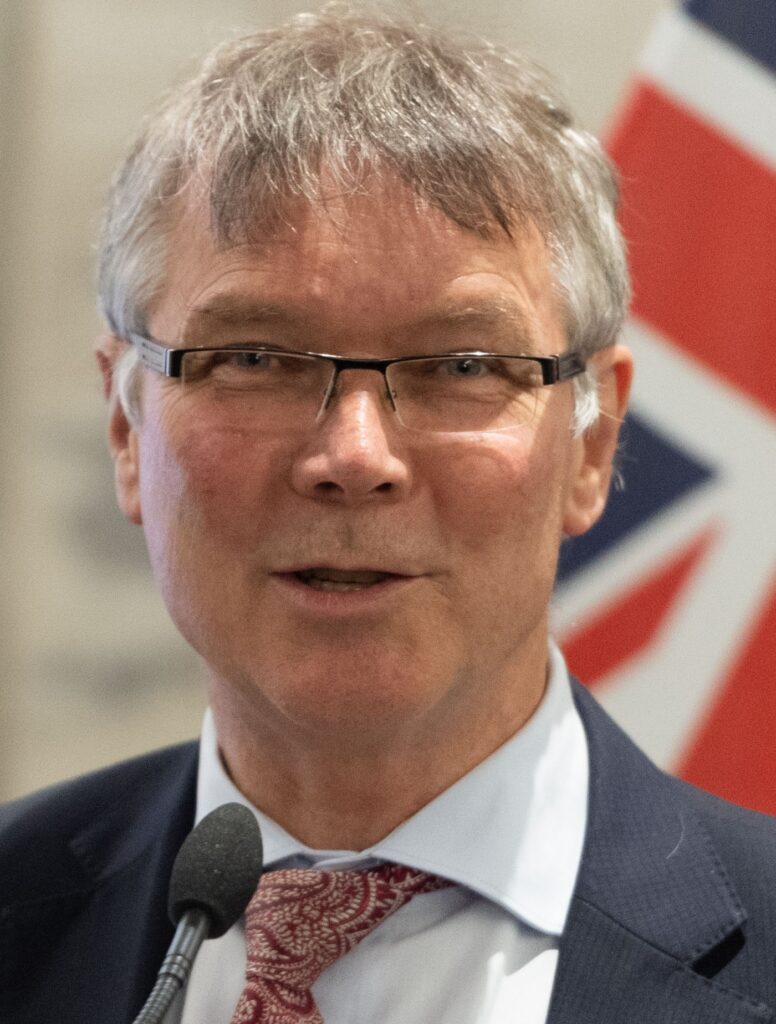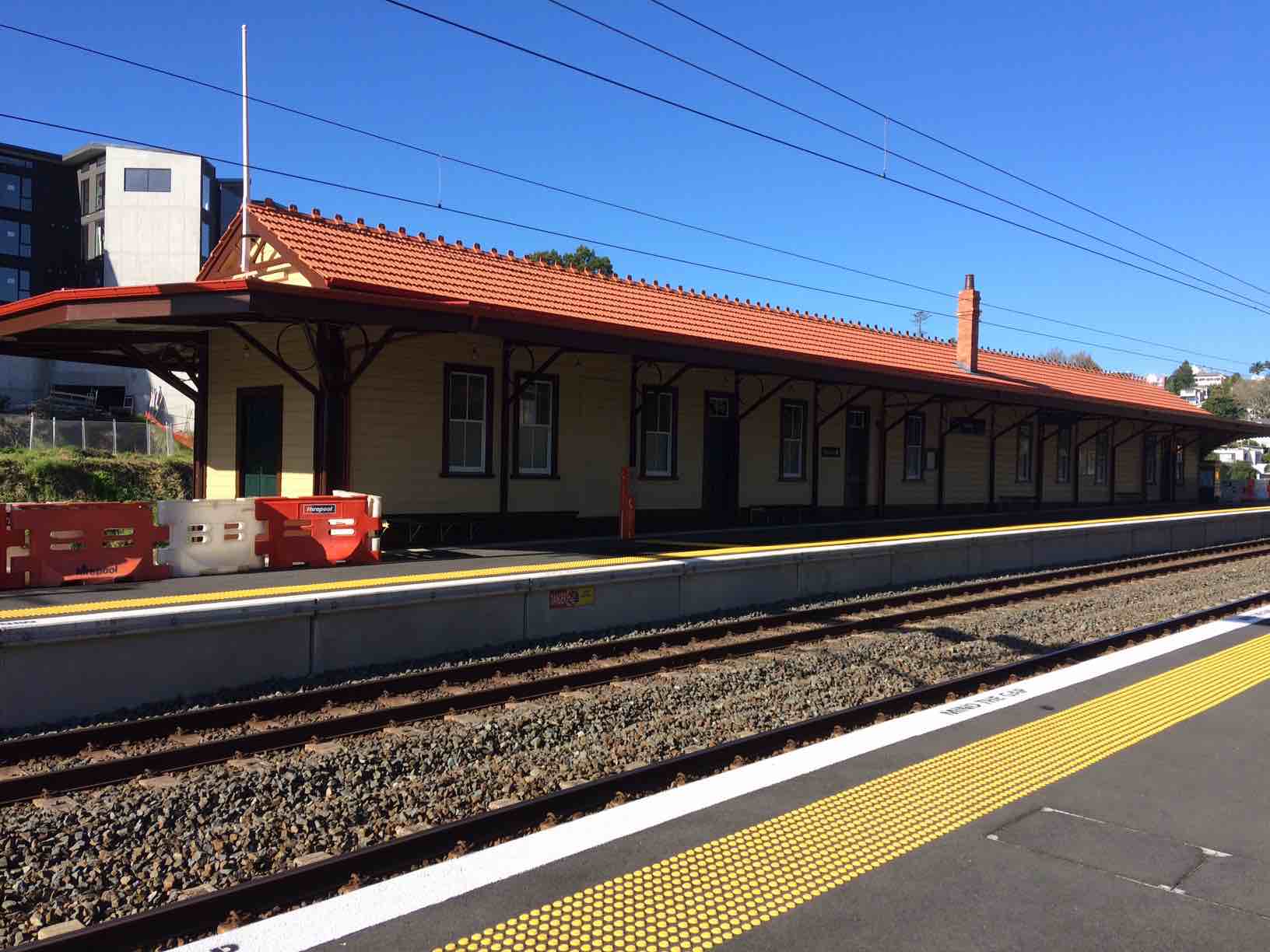Election disaster for Labour in the year of three prime ministers
There was little doubt in the weeks leading up to the election that this would be one of change – but no-one imagined the scale of it. Not even the most optimistic of incoming PM Christopher Luxon’s campaign strategists considered National could win Labour strongholds like Mt Roskill and New Lynn, and come so close in Mt Albert and Te Atatu.
First, I must congratulate the successful candidates from this ward – and there are more of them than you might think. Congratulations to the Greens’ Chloe Swarbrick for holding Auckland Central and Labour’s Helen White in Mt Albert, though National’s Melissa Lee might still win. Then there are the list MPs. A warm welcome back to Rt Hon Winston Peters of St Mary’s Bay and to Hon David Parker of Grey Lynn. Congratulations also to new Green MPs Steve Abel of Westmere (his late father Neil would have been so proud) and Darleen Tana of Waiheke.

Given Labour under Jacinda Ardern won such a massive mandate at the last election, it’s fair to ask what went wrong? Outgoing PM Chris Hipkins observed ‘When the tide comes in big, it almost invariably goes out big as well’. While there’s some truth in this, he should recall that the political tide ‘came in big’ for the first Labour government and it stayed in for 14 years. It’s noticeable that post-election, Labour spokespeople have been reluctant to acknowledge their government’s shortcomings and missed opportunities, pointing instead to the low voter turnout while studiously avoiding the reason why their supporters stayed away.
One has to go back again to that remarkable 2020 election night when New Zealanders, grateful for the Ardern government’s successful management of the first wave of Covid rewarded it with an unprecedented post-MMP majority. With the borders closed that and In the face of adversity there was an almost wartime spirit of national unity. Some half-a-million National voters, many from provincial New Zealand, rallied to Labour. On election night PM Ardern, who herself grew up in a small rural town, seeming to understand the significance of the moment, promised to govern ‘for all New Zealand’, pledging, ‘We will not take your support for granted.’
Unfortunately, it didn’t turn out that way. Sadly Jacinda’s ‘Team of 5 Million’ was soon forgotten. Labour failed to come up with policies to maintain national unity. It instead ran with divisive, top-down policies largely handed to it by a politicised Wellington bureaucracy. The detested ‘NPS on Urban Development’, ‘Three Waters’, and the most divisive ‘He Puapua’; a radical plan to move the country towards bi-racial ‘co-governance’. This, many critics (and not just on the right) feared would profoundly undermine the country’s democracy. Wiser heads in the government did their best to dampen this down, but persisted with its co-governance offshoot ‘Three Waters’. The Treaty revisionism chimed with Labour’s identity politics which has largely replaced its traditional politics of social equality. But Woke zealotry, Labour surely now must be realising, does not necessarily play well in traditionally working-class electorates. These, especially in Auckland are now the home of large numbers of hard-working Asian immigrants whose loyalty Labour has largely taken for granted. In addition to the usual erosion of support experienced by governments, there were other factors at play too. These came to light unfortunately in the critical months leading up the election under the leadership of Jacinda’s successor, the competent but unimaginative Chris Hipkins; a series of scandals relating to senior cabinet ministers. The entitled behaviour of these ministers seriously damaged the reputation of the government and (given its political moralism) the Labour Party itself. Managing these scandals must have been a nightmare for Hipkins.
Stuart Nash was dismissed for divulging cabinet discussions to business backers; Meka Whaitiri defected to Te Pāti Māori; Justice Minister Kiri Allan was involved in unfortunate events leading to her arrest. But what evidently did the most damage, especially in Auckland, was the refusal of Transport Minister Michael Wood to comply with instructions to sell his shares in Auckland airport, deemed to be a conflict of interest. It didn’t help that Wood’s various controversial transport schemes, a cycle bridge over the harbour, and especially ‘light rail to the airport’, have been extremely expensive non-starters.
As Derek Cheng senior NZ Herald journalist put it ‘…but Labour insiders say that the real hit in their internal polling came with the Wood scandal. It reeked of arrogance. The subtext of Wood’s inability to do a simple task was that the rules didn’t apply to him, or by association to Labour’.
If Labour is to recover from this blow it will need to fundamentally reappraise itself. Hipkins ‘captain’s call’ rejecting David Parker’s well-considered tax reforms was a serious mistake – for the country and for the Labour Party itself. Rumours suggest Parker may stand for the party leadership. If so, the road back for Labour may well start in Grey Lynn.
This article was published in the November 2023 issue of Ponsonby News



